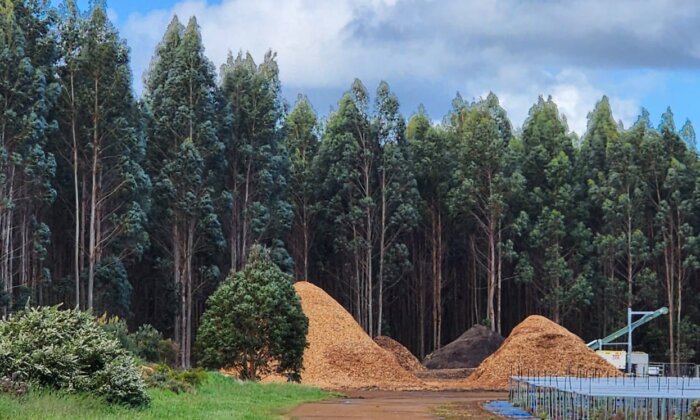The EU regulations would require exporters to ensure that their products do not contribute to deforestation.
The Australian agriculture sector has expressed approval for the European Commission’s decision to postpone the implementation of its deforestation restrictions by 12 months.
NFF (National Farmers Federation) President David Jochinke welcomed the EU’s decision, noting that it reflects increasing international pressure and concerns, particularly from the United States.
Jochinke commented, “It is encouraging to see that the EU has heeded the advice of governments and made a logical choice to delay implementation.”
The NFF also recognized the support from the Australian government, which played a crucial role in advocating for this delay.
On Oct. 2, the European Commission announced that feedback from international partners indicated the necessity for additional preparation time for its European Union Deforestation Regulation (EUDR).
If approved by the European Parliament and the Council, the EUDR will now take effect from Dec. 30, 2025, for large companies and June 30, 2026, for micro- and small enterprises. This extended timeline will serve as a phase-in period to ensure effective implementation.
The EUDR mandates that companies importing products such as soy, beef, cocoa, coffee, palm oil, timber, and rubber must demonstrate that their supply chains have not contributed to deforestation.
Non-compliance could lead to substantial fines, making the regulations a significant part of the EU’s climate action agenda to address biodiversity loss.
However, industry critics argue that these regulations could disrupt supply chains and potentially harm biodiversity.
Senator Matt Canavan also used social media to announce that Australian farmers have achieved a rare victory with the EU’s decision to postpone the Deforestation Regulations by a year. He expressed gratitude to all those who advocated for this outcome.
According to Reuters, in July 2024, the U.S. government and industry groups, including the Confederation of European Paper Industries (CEPI), called for a delay in implementing the deforestation policy.
They raised concerns that the EU’s systems for enforcing the ban were not fully operational. In a letter to CEPI members dated July 2, European Environment Commissioner Virginijus Sinkevicius acknowledged these concerns but did not indicate that Brussels was considering postponing the policy.
Meanwhile, the Australian NFF expressed disappointment that the EU was not considering repealing the EUDR or clarifying confusing definitions of what constitutes a “forest.”
The NFF also understands that the process to appoint the next European Commission is currently underway. Once this process is completed early next month, the NFF seeks renewed government engagement with cabinet leaders.
“If this proposal is merely a temporary delay, then we should explore other avenues of resolution, such as World Trade Organization processes, in collaboration with other jurisdictions,” Jochinke remarked.








